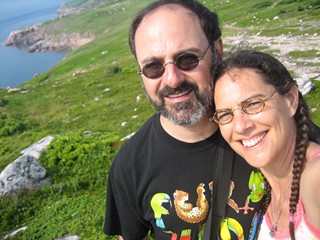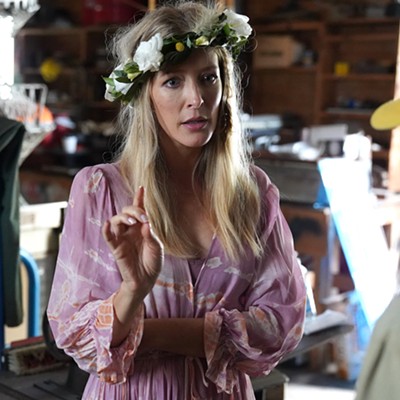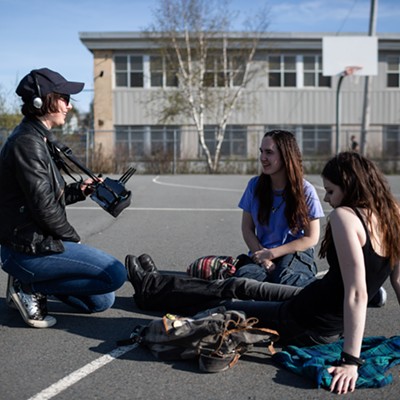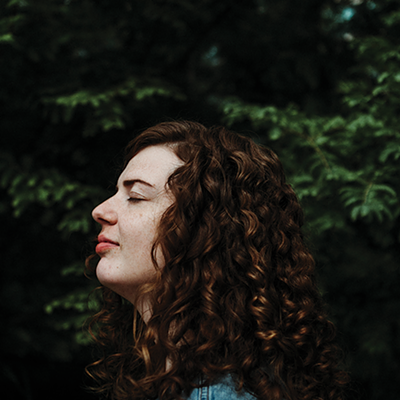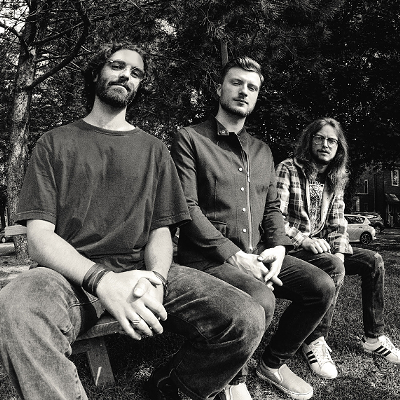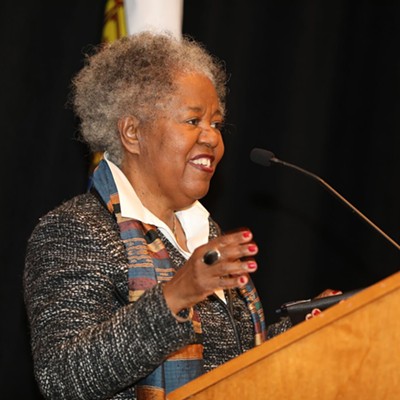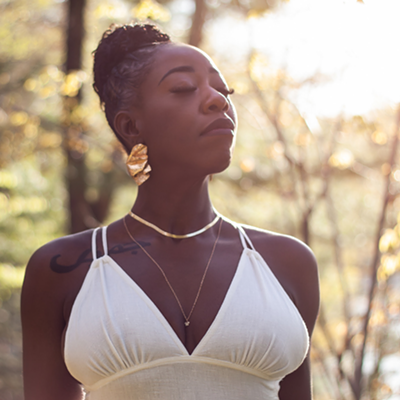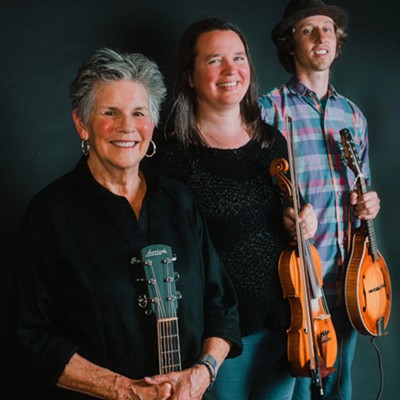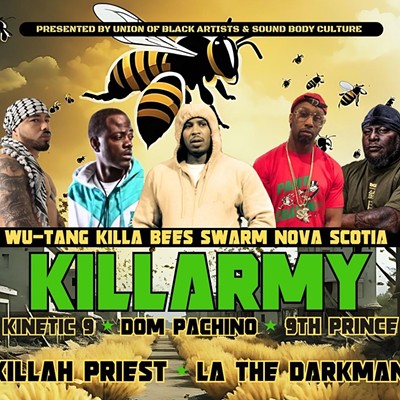"One thing that is so incredibly exhilarating about film," says filmmaker, producer and Pollination Project co-founder Camelia Frieberg, "is the process by which it comes together. Talk about cross-pollination---you've got the music, the visuals, the writer, the actors bringing their craft---all those things have to come together and collaborate. Sure, you have one unifying vision, but the director isn't making a film on their own, they are making it in concert with others."
Frieberg has gamely answered the inevitable question of whether she considers film to be a wasteful business, which is relevant because we are really talking about Pollination Project, her multi-dimensional initiative, encompassing arts, ecology, health and social issues. Though she readily admits that the business is a resource guzzler, she prefers to focus on what, in her mind, are the harmonizing aspects of making films---people working together to create one thing, and the parallels of the process that can be found in nature---a multitude of connected things---which, in turn, gets at the heart of what Pollination Project is all about.
Pollination Project, a collaboration between Frieberg and her romantic partner, Toronto litigator Peter Biro, is enjoying its first season of sustainability-minded workshops and further development. The site is located on Watershed Farm and Chanterelle Forest---a 250-acre landscape owned by Frieberg outside of Bridgewater---with an organic farm, bunks for visitors, as well as a parcel of land hugged by the LaHave River that Frieberg is toying with various ideas for. Both Frieberg and Biro make clear that the project exists "on the level of consciousness," in Biro's words, as a shared set of values and desires for social change.
"The emphasis for me is about the values, and very much about the quality of the conversation, the quality of the discourse we have with each other as citizens. To me, that is every bit as important---especially when we look at the societal aspects of what Pollination Project is about," Biro says, explaining that one goal is to discover, reassert and debate what connects humans to nature, democracy and communities.
An example of that aim is Building Community, an event planned for September 13, wherein the project will gauge interest and ideas for that LaHave-adjacent land. Frieberg has long been interested in co-housing models and, in her words, "intentional communities of shared values." She's exhilarated by the possibilities event attendees could offer.
"I find those models enormously fascinating because here's a group of people that come together and say, 'This is how we want to do things. Let's talk about it until we're blue in the face and then at the end of all this talk, let's actually get the shovels out and get going.'"
Despite being interviewed separately, Frieberg and Biro touch on very similar themes during their respective conversations. Biro speaks of Pollination Project (pollinationproject.org) as being an opportunity to test "postulations," particularly on sustainability's role in forming a more just society, while Frieberg speaks of the Project as being an experiment deeply informed by guiding principles.
Both agree that this open-ended conversation is Pollination Project's strength. "If I were to put this into a film script," jokes Frieberg, "it would come out as too earnest. Or garbled because it's too big!"

